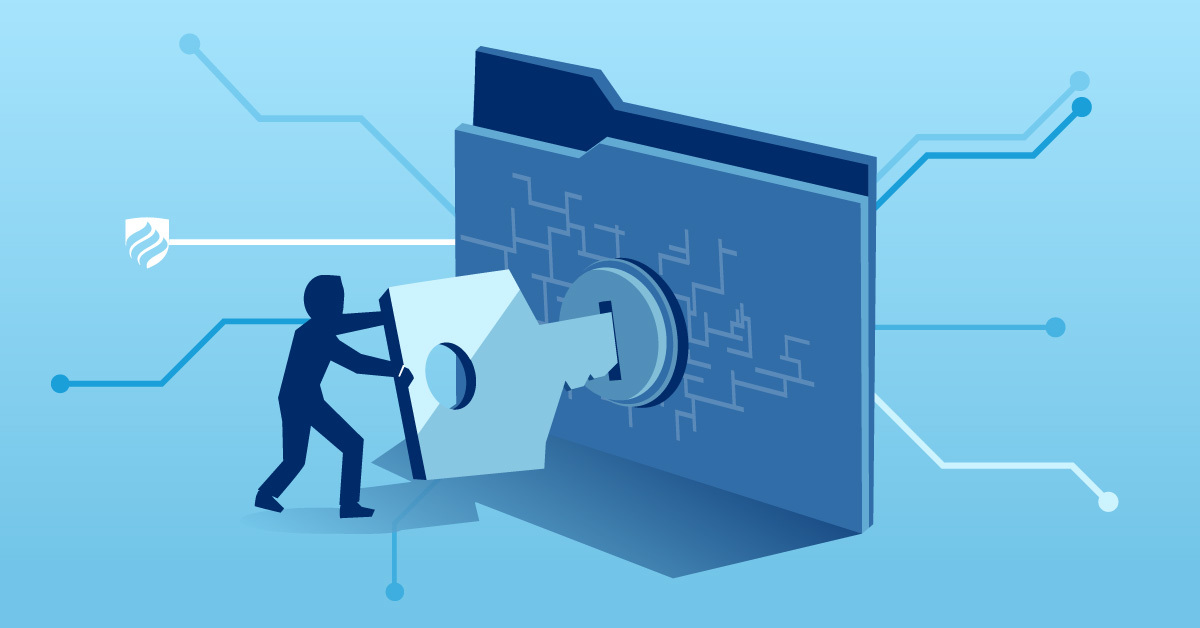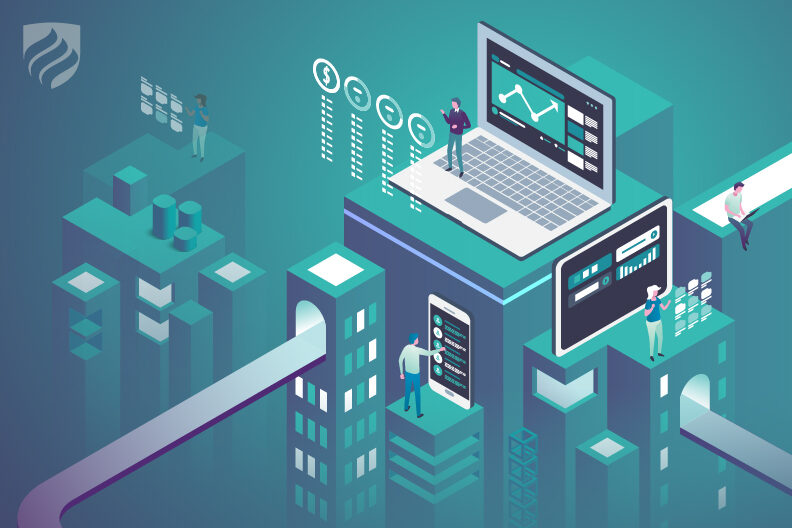Popular Searches
Security professionals today have their hands full, hustling to stay one step ahead of relentless, often faceless threats. It only takes one bad actor from the virtual or the real world to exploit technology and thwart a company’s—or a government’s—goals.
Staying updated on the latest breakthroughs in technology is a must if you are going to be successful at addressing and preventing an attack. You have to know how it can happen, how it can be avoided or, at least, how it can be minimized.
This is where cybersecurity and information security come in. They go hand-in-hand, in some respects. And they definitely have some overlap, offering protection against data being accessed, stolen or changed.
However, you can’t consider the fields interchangeable. To put it simply, cybersecurity exists as a subset of information security.
Let’s take a look at the differences in closer detail.
What is Cybersecurity?
Cybersecurity is a field both vast and focused. Here, experts deal with the enormousness of the internet. They focus solely on the digital world.
Sometimes called computer security, the field involves a range of practices and technologies that protect networks, servers, intranets and computer systems from attack. These practices also keep unauthorized people from gaining access to data.
Cyberattacks put a company’s entire IT infrastructure at risk. Cybersecurity professionals constantly battle schemes that fall into these broad categories:
- Phishing: A bad actor uses email or chats to elicit personal or secure information
- Pretexting: The threat impersonates an authority figure to garner information
- Baiting: Attackers leave a malware-infected device out to be used by an unsuspecting victim
- Quid pro quo: A promise of a reward in exchange for information
Cybersecurity experts work in tandem with business leaders to build a culture of security awareness and fill any gaps in knowledge and understanding. The workforce needs to be aware of these threats to avoid putting a company’s network at risk, exposing its data, and, ultimately, harming its reputation.
Is Information Security the Same as Cybersecurity?
Information security also concerns itself with protection against unauthorized access, use or modification. The big difference: This protection extends to any platform, including analog. Even a filing cabinet of paper documents might need an information security intervention.
The genesis of any company’s security program should be information security. An information security expert puts a governance structure in place, which sets the framework for security strategies and ensures that they align with business objectives. The broader team must define the roles and responsibilities of each person to operate effectively.
Information security has three main points of focus:
- Confidentiality: Ensures that information is only accessible to authorized people, usually by way of encryption.
- Integrity: Protects people from being threatened and systems from being modified by unauthorized people and keeps data accurate and trustworthy.
- Availability: Maintain and update all hardware and software so that the right people can access information whenever and however they need it.
For the standard model of information security, look no further than this so-called CIA triad.
Job Prospects
Both cybersecurity and information security teem with job opportunities in almost every industry. As long as people and programs threaten information, high demand exists for skilled security professionals.
The U.S. Bureau of Labor Statistics predicts growth in jobs of 32 percent over the next five years, including analysts, security coordinators, managers, engineers, cryptographers and forensics experts.
Major in Cybersecurity
Elmhurst University’s undergraduate major in cybersecurity combines coursework from computer science, information systems and mathematics into a dynamic program that addresses the urgent challenges of today.
Gain hands-on experience in network security. Learn about cryptography, cloud security, incident response, risk management, digital forensics, ethical hacking and penetration testing.
Request information today!
Sources
- https://www.computersciencedegreehub.com/faq/what-is-the-difference-between-cyber-security-and-information-security/
- https://www.secureworks.com/blog/cybersecurity-vs-network-security-vs-information-security
- https://cloudacademy.com/blog/cybersecurity-vs-information-security-is-there-a-difference/
Posted March 17, 2020










